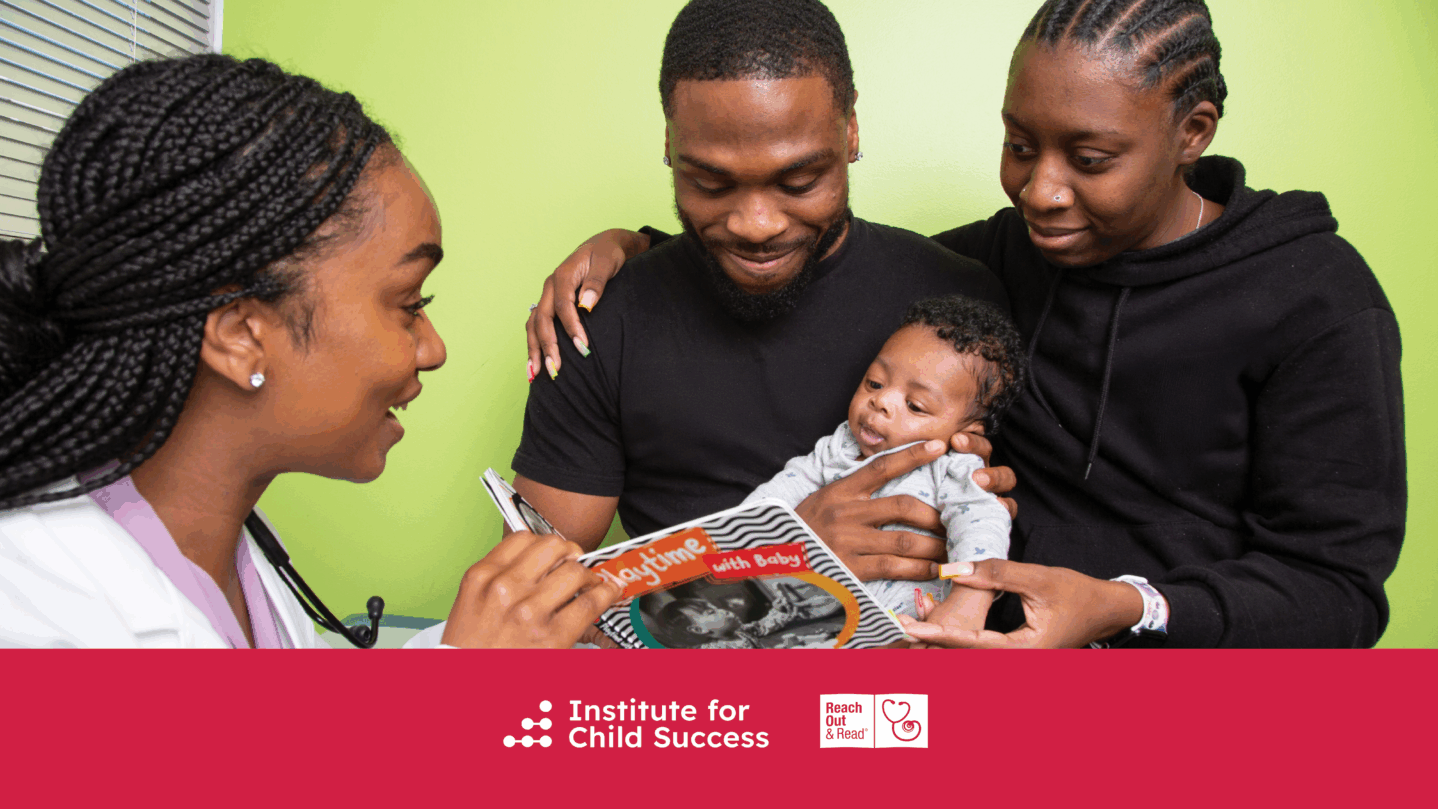
CONNECT Survey
In collaboration with parents* and parent leaders from a wide variety of communities across the U.S., Reach Out and Read has developed and validated the CONNECT Survey, which measures the parent-clinician relationship during routine pediatric visits. Use of this survey in clinics has strongly indicated that Reach Out and Read improves the parent-clinician relationship.
*A note on terminology: At Reach Out and Read, we appreciate and understand that children can fall under the care of any number of adults: parents, grandparents, extended family, foster parents, and many more. Within this webpage, we will use the term “parent” to mean any adult figure responsible for the consistent care and wellbeing of the child.
Co-created by parents for parents, the CONNECT Survey was developed in partnership with Reach Out and Read and the Institute for Child Success (ICS) to gain insights into the parent/caregiver relationship during routine pediatric visits. Based on input from what matters most to parents, the aim of the CONNECT study is to accurately reflect and measure what parents value within a well-child visit.
To learn more about why we developed the CONNECT Survey, follow this link.
